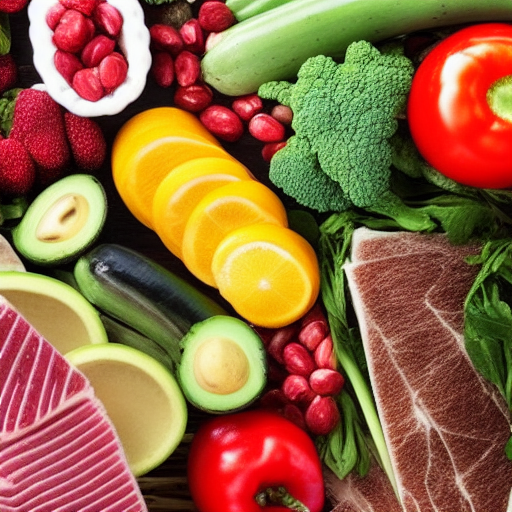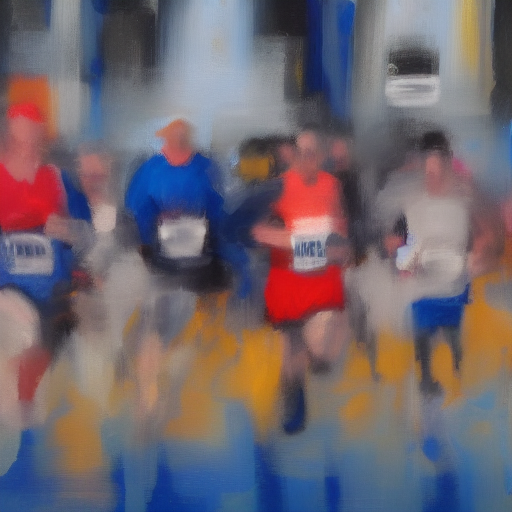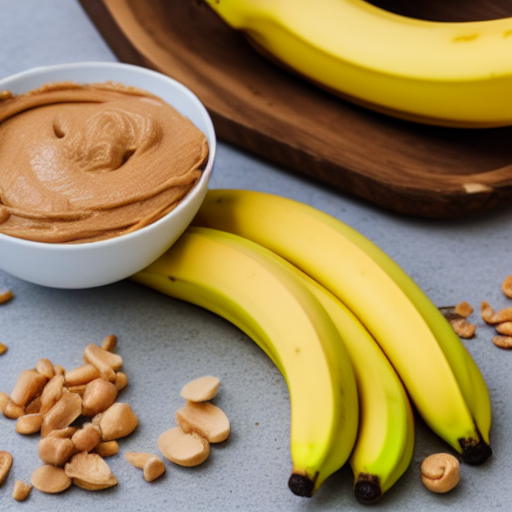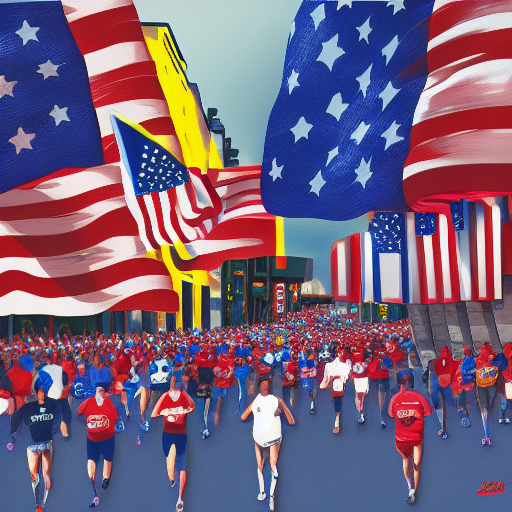
Follow the Training Plan
Training for a marathon is no small feat. It takes months of dedication and hard work to get your body ready to run 26.2 miles. But don’t let that deter you! The feeling of accomplishment and pride you’ll feel when you cross that finish line is unlike any other. If you’re thinking about taking on the challenge of training for a marathon, here are a few things you need to know.
- Start Slow
If you’re just starting out, don’t try to do too much too soon. Ease into your training by gradually increasing your mileage each week. And be sure to take rest days! Your body needs time to recover after long runs, so give yourself a day or two off each week. - Join a Group
One of the best ways to stay motivated during training is to join a running group or find a training partner. Having someone to push you and hold you accountable will make the process a lot more enjoyable (and less daunting). - Invest in Good Shoes
One of the most important pieces of gear for any runner is a good pair of running shoes. They need to be comfortable, fit well, and provide the right amount of support for your feet. It’s worth it to spend some time (and money) finding the perfect pair of shoes for you. - Set Some Goals
Setting goals is important for any type of training, but it’s especially crucial when preparing for a marathon. Having tangible targets to reach will help keep you motivated throughout the process. And don’t forget to celebrate when you reach those milestones! - Be Prepared for Bad Runs
There will be times during your training when you just don’t feel like running—and that’s okay! Everyone has bad runs from time to time. Just don’t let one bad run ruin your whole training plan. Get back on track and don’t let yourself get discouraged. - Stick with It
The key to success in marathon training (or any type of training) is consistency. There will be days when you don’t feel like running, but it’s important to stick with your plan and not skip workouts if possible. The more consistent you are with your training, the better results you’ll see come race day.
You Can Do It!
Marathon training is no easy feat, but it’s definitely doable with some planning and preparation. By following these tips, you’ll be well on your way to crossing that finish line in no time!





